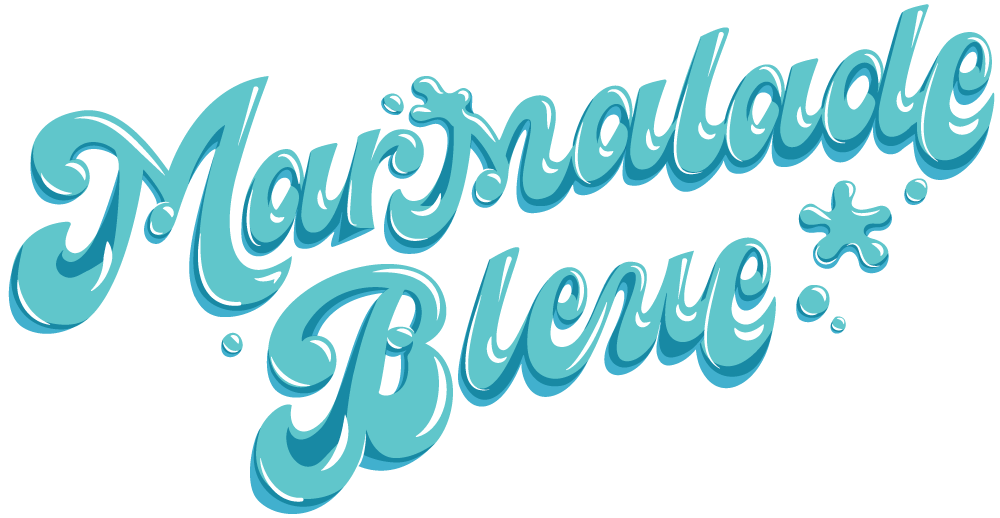Design Nuance (Part 1)
I have always been that person unable to learn simple skills from the average Joe, such as whistling or ice skating. People would say, 'It's so easy, just stick your tongue through puckered lips. March in place while leaning forward'. I quickly learned following such basic steps did not produce the intended result, rather a raspberry or a concussion. I spent years in training wheels for this reason. Only once I learned these skills on my own did the subtle differences between success and shooting my gum out of my face dawn on me.
Fast forward to the beginning of my career as I assured myself I would avoid common pitfalls and tropes of newbie creatives on the path to success. I double underlined broad statements in sketchbooks and promised myself I would tattoo them backwards on my forehead as mementos. Alas, many unfortunate scenarios and almost four years later, I now understand a few things. I will attempt to unpackage some sweeping (yet well meaning) advice in hopes to spare others like myself still learning how to arrive. *Disclaimer* I'm still working out the kinks on most of these- this is not written from 'on high'. And don't worry, I won't tell anyone you stopped by to check this out. You've got it all under control.
Manage expectations.
Dan Dos Santos is a ballsy illustrator and painter, but more importantly he's a savvy businessman generous with his learnings over the years. On one of his many interviews, he dropped a brilliant nugget of knowledge that struck me as obvious but sheepishly realized I was not employing at the time: always discuss the scope, deadline and budget of a project immediately.
Like in the first breath.
Clients usually have two of these points figured out, which is partially why they're calling. If they've been around the block, they might surprise you with all three. Managing expectations sounds like a stone carved adage of yore, but what does that really mean? In my opinion, knowing immediately if a project is or is not possible for you. Put the client in a defensive position by asking for their perimeters up front, none of which should be hidden or unavailable. Beyond taking up unnecessary brain power, a project lacking these three specifications puts you in a poor position to bust your ass prepping their paperwork only to never hear from them again. The vanishing prospect is a fact of freelance, but lessened greatly by getting your ducks in a row from the get-go.
Know your value.
The importance of knowing your value is paramount, but this adage leaves a my way or the highway feeling in my mouth. I have mistakenly issued one price to early clients under this banner, only to watch them flee. Imagine wanting to go out for dinner and the chosen restaurant has one menu item and one price- how unappealing would the experience be if you just wanted a burger and the only listed item is [expensive] pizza? By preparing concise packages with various sketches, revision rounds, deliverables and price points, you are presenting a smorgasbord of options and bracing for clean negotiations.
A second point- always expect negotiations on your proposals and terms.
Knowing your value means you will have to say no to bad offers, dial back your scale to fit tight budgets and assign feasible deadlines that win you a profit beyond time spent. No push-back implies someone got a deal (ie. not you) or didn't read the proposal closely, both of which will set you up to face dive into a big, bitter bowl of comfort food later. Being willing to walk away is ultimately your only leverage; if the client wants you bad enough, they will be open to compromise.
Be prepared to work hard.
The granddaddy of grossly underrated art school statements is this one. Beyond just doing good work, developing business acumen is a must, which means reading books, listening to podcasts and browsing dry industry standards. Fixating on this statement for me meant 'Do all the work you want and eventually everything will happen for you'. Decidedly doing work is not enough- you must translate your work to something sellable. Crunching numbers, while tedious, keeps you in control of your finances, projects and client relations. Surprisingly, the more non-designing you do for your business, the more legitimized you feel. Diversify your craft into a dozen products for passive income or stage work to fit a particular market, like editorials or e-commerce.
Remember, freelancing makes you the marketer, the accountant, the copywriter and the talent. If you want to work with someone of notoriety, you will have to chase them in perpetuity and have a game plan for doing so. Streamlining paperwork, assimilating new client information and creating campaigns are also on you. Some weeks you will log more hours answering emails than creating anything, but I assure you it is worth the effort of being your own boss and monopolizing on your craft. Expect and welcome the exhaustion.
